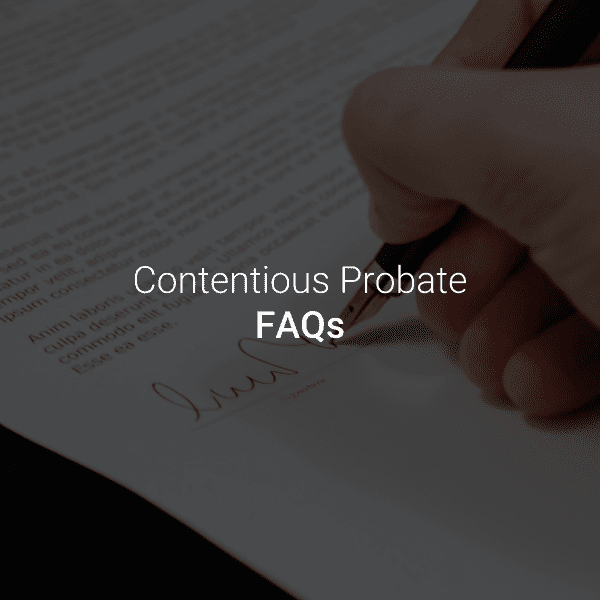Question of Mental Capacity – Ask a Doctor or a Solicitor?
The Court of Appeal has recently re-affirmed that it will rarely interfere with a will on grounds that the person making it lacked mental capacity where a solicitor was involved in the will making process.
The legal test for mental capacity of the person making a will is well known and has stood since the late 1800s. The difficulty comes when applying the facts of any particular situation to the parts of that test.
The evidence routinely relied upon by those challenging the validity of a will on such grounds is the deceased’s medical history and the opinion of a suitable medical expert, who will retrospectively interpret the available medical evidence. Such evidence is undoubtedly useful to the court when hearing such a case, but it is no substitute for an informed opinion on capacity at the very moment the will was made.
It is the experienced solicitor who can be the trump card in claims of this type. As stated by the Court of Appeal in its recent Judgment in Hawes –v- Burgess and another [2013] EWCA Civ 74 it is a very strong thing for a judge to find that a deceased was not mentally capable of making a will “when it had been prepared by an experienced and independent solicitor following a meeting with [the deceased]; when it was executed by the [deceased] after the solicitor had read through it and explained it; and when the solicitor considered that [the deceased] was capable of understanding the will, the terms of which were not, on their face, inexplicable or irrational.”
In this case, the Court was keen to note that the solicitor concerned is experienced in the matter of wills, making about 50 a year. It was this experience, and the solicitor’s notes of his meetings, that appear to have caused the Court some difficulties in upholding the decision that the deceased did not have mental capacity, even though the solicitor could not recall any specific detail about this particular will or client. As it happens, the Court did not have to rule on this issue as the will was found to be invalid on another ground.
I dare say that the findings of the Court of Appeal may have been different were the credentials of the solicitor or his notes to not have been as they were, or the terms of the will had of called for an explanation.
If you wish to speak to one of our experienced team members regarding any of the issues raised in this article, please do not hesitate to contact us directly today.



